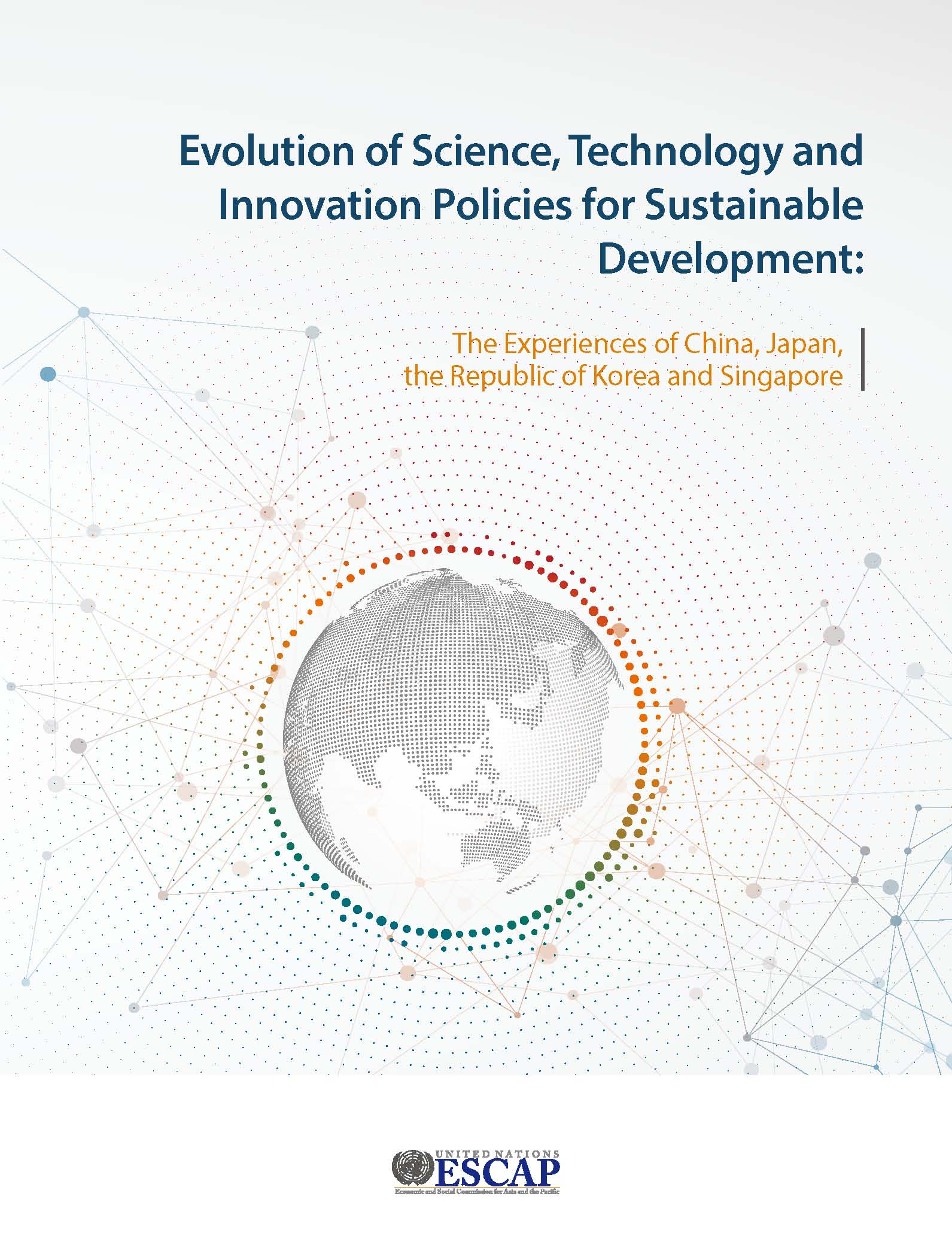Evolution of Science, Technology and Innovation Policies for Sustainable Development: The Experiences of China, Japan, the Republic of Korea and Singapore

This book aims to give policy makers an overview of the evolution of science, technology and innovation (STI) policies in a selected number of East Asian countries. China, Japan, Republic of Korea and Singapore have transformed their economies and societies in recent decades. From STI policies that enabled catch-up growth, these countries have evolved towards policies that are more aligned with sustainable development through integrating social, economic and environmental dimensions into their STI policies. The forthcoming Fourth Industrial Revolution is also reshaping STI policies in these countries as governments prepare to support the development of frontier technologies such as artificial intelligence, as well as respond to the impacts of these technologies on their societies and economies. Governments are also evolving themselves as the public sector opens up to integrating innovations from civil society and the private sector and further strengthen the innovation capacity of the public sector to improve policy making processes and deliver services to their constituents. All three themes are explored in this book in separate chapters, through a comparative analysis of the STI policies of China, Japan, Republic of Korea and Singapore. The experiences of these countries can serve as useful references for other countries in the Asia-Pacific region and beyond that are interested in utilizing national level STI policies to achieve sustainable development, particularly in the context of the emergence of frontier technologies.
